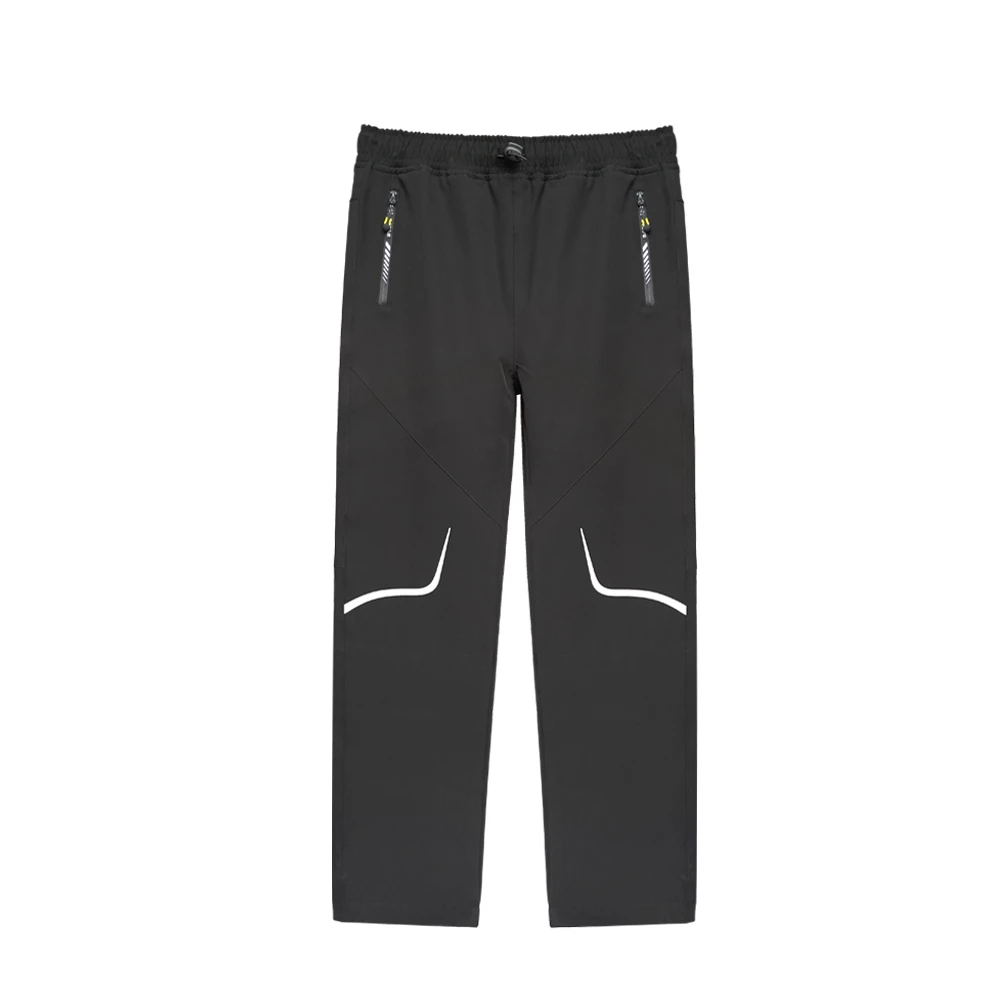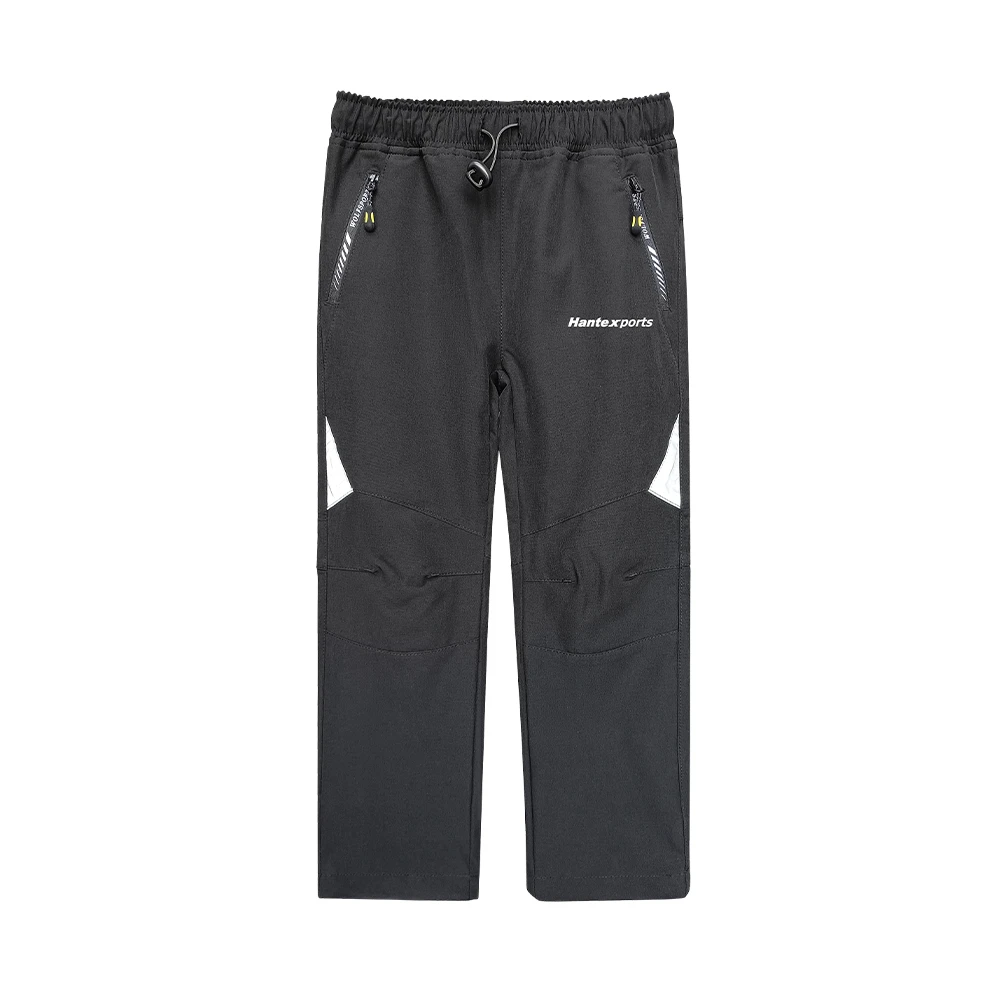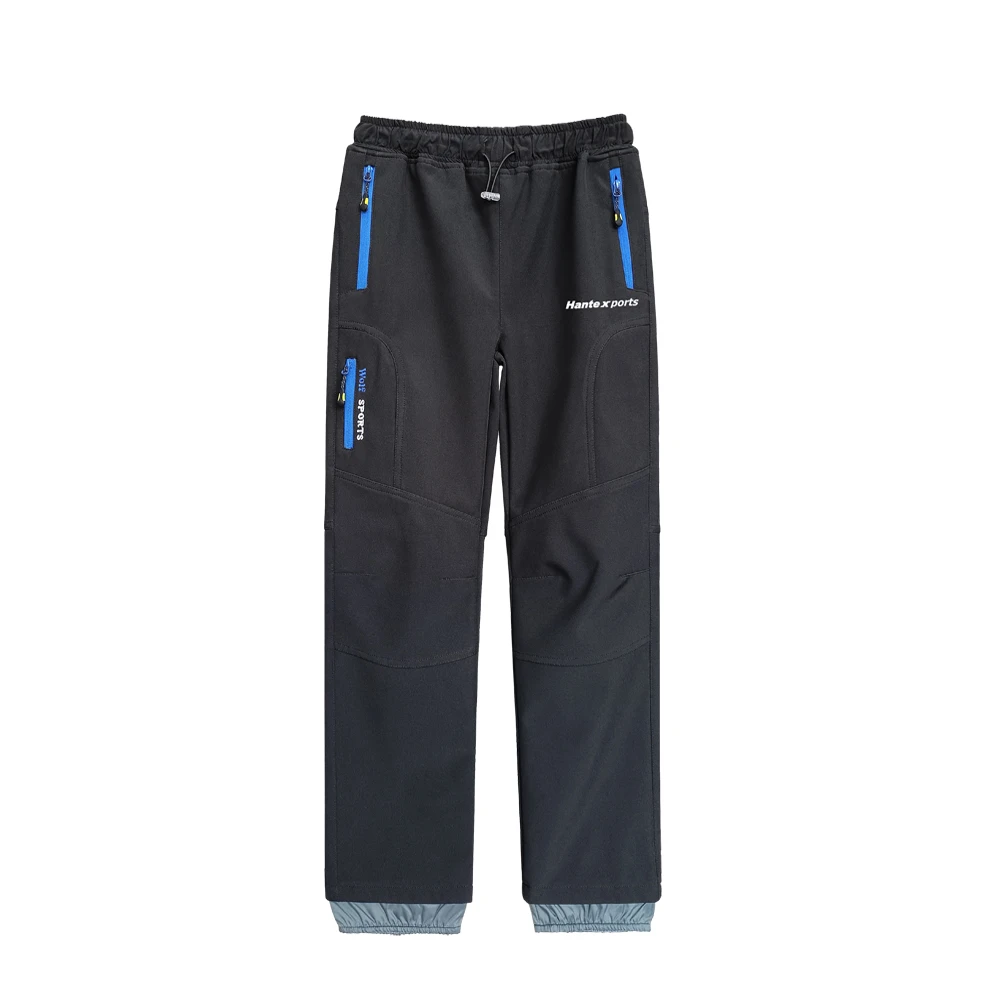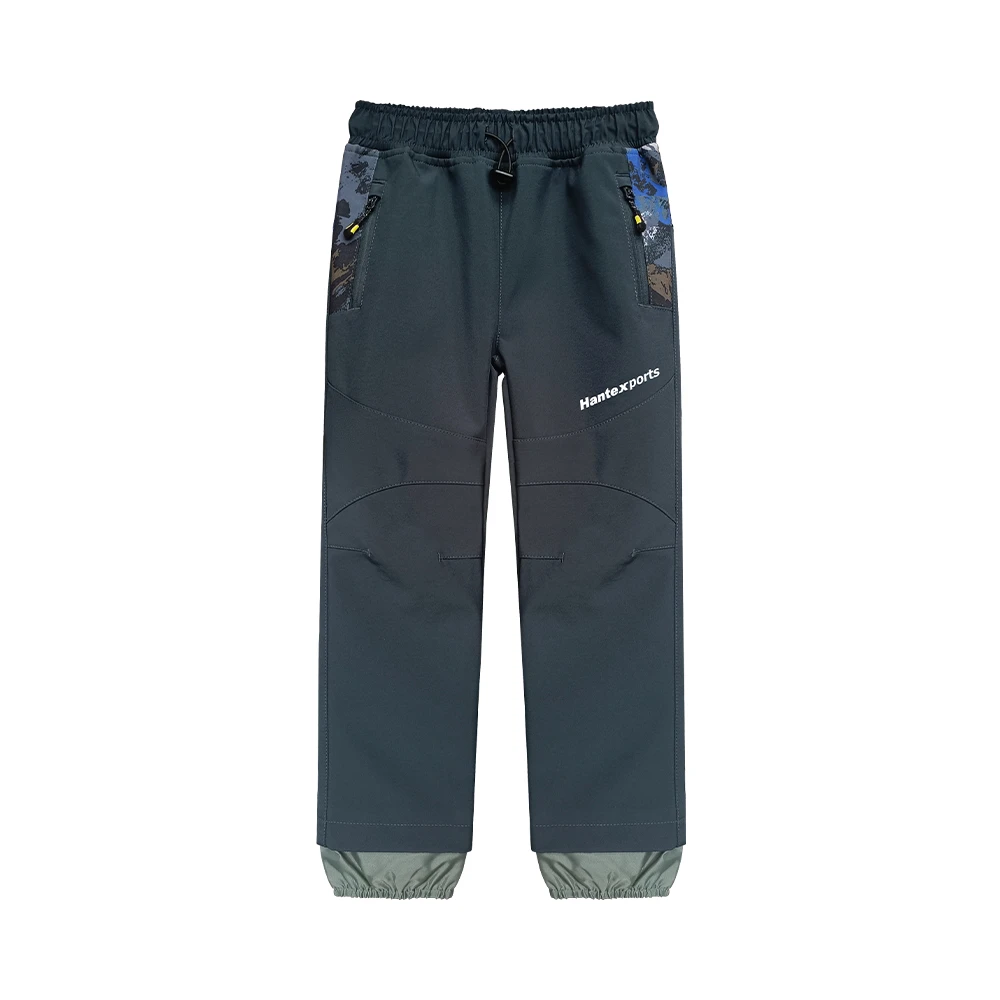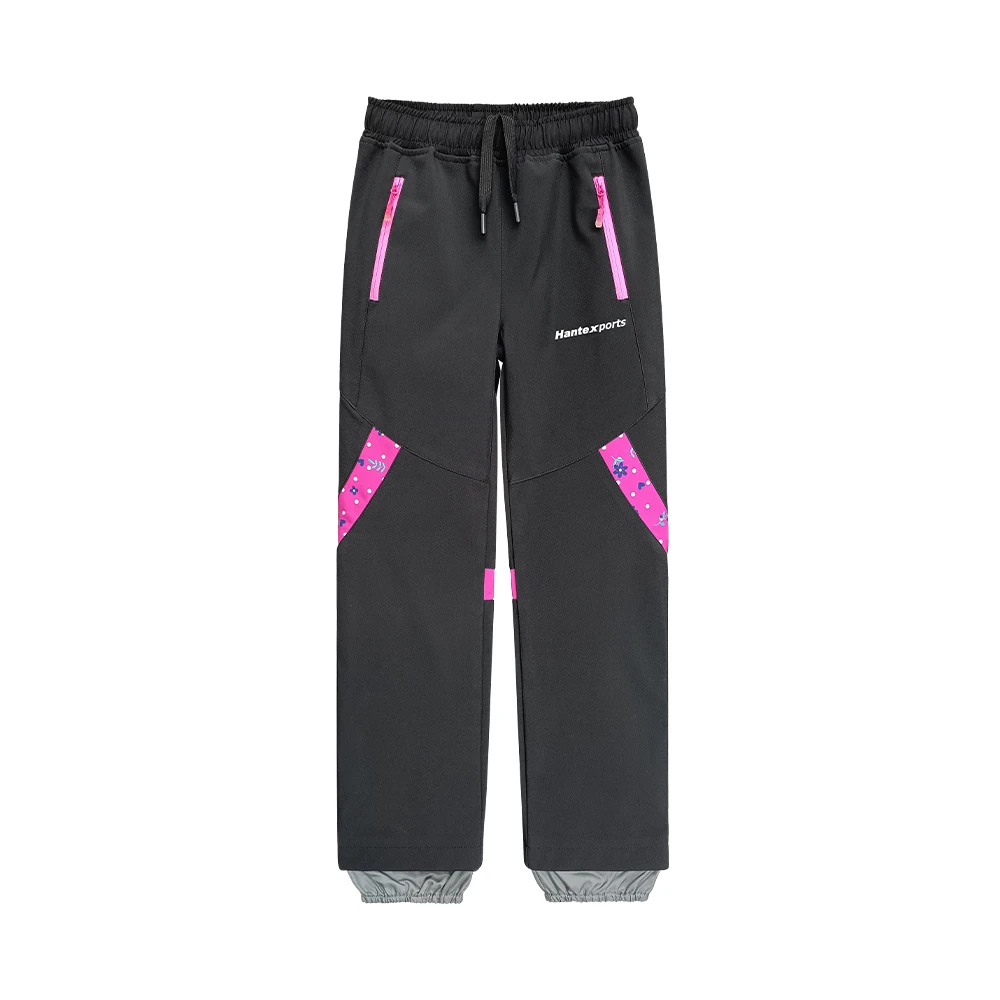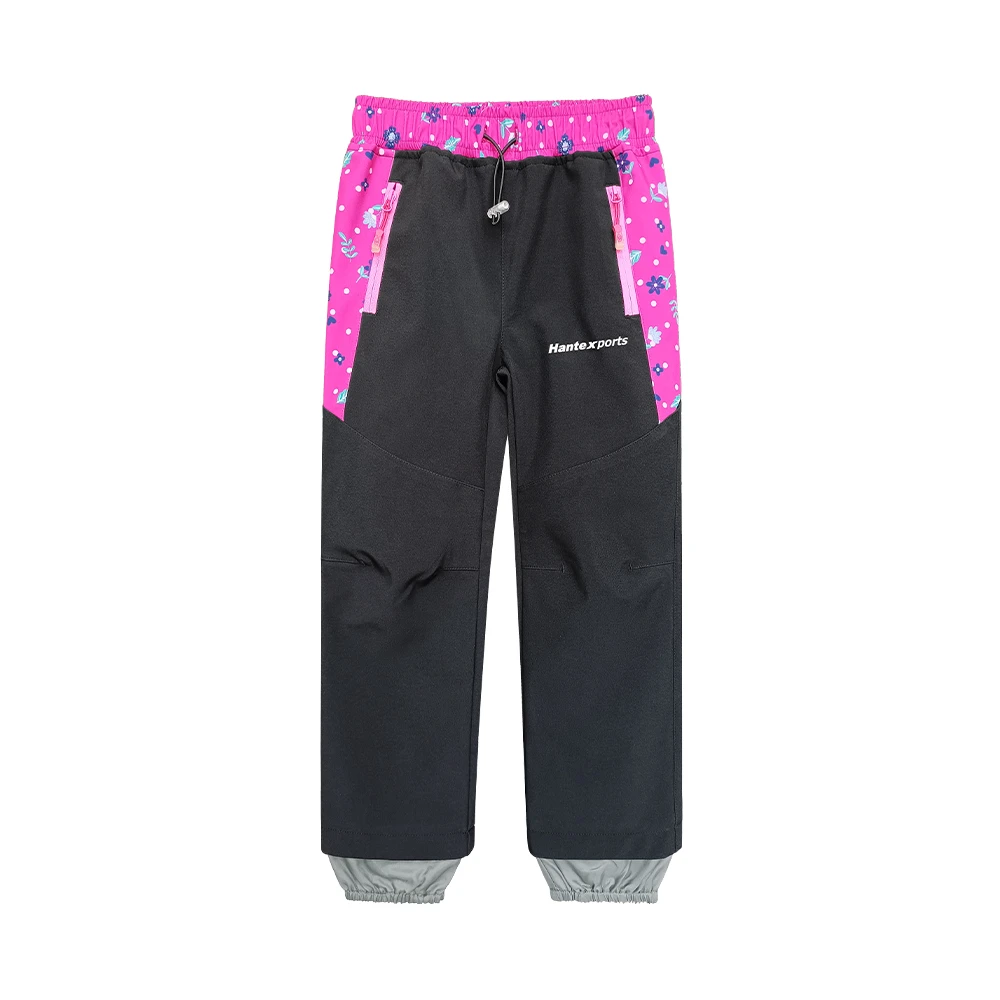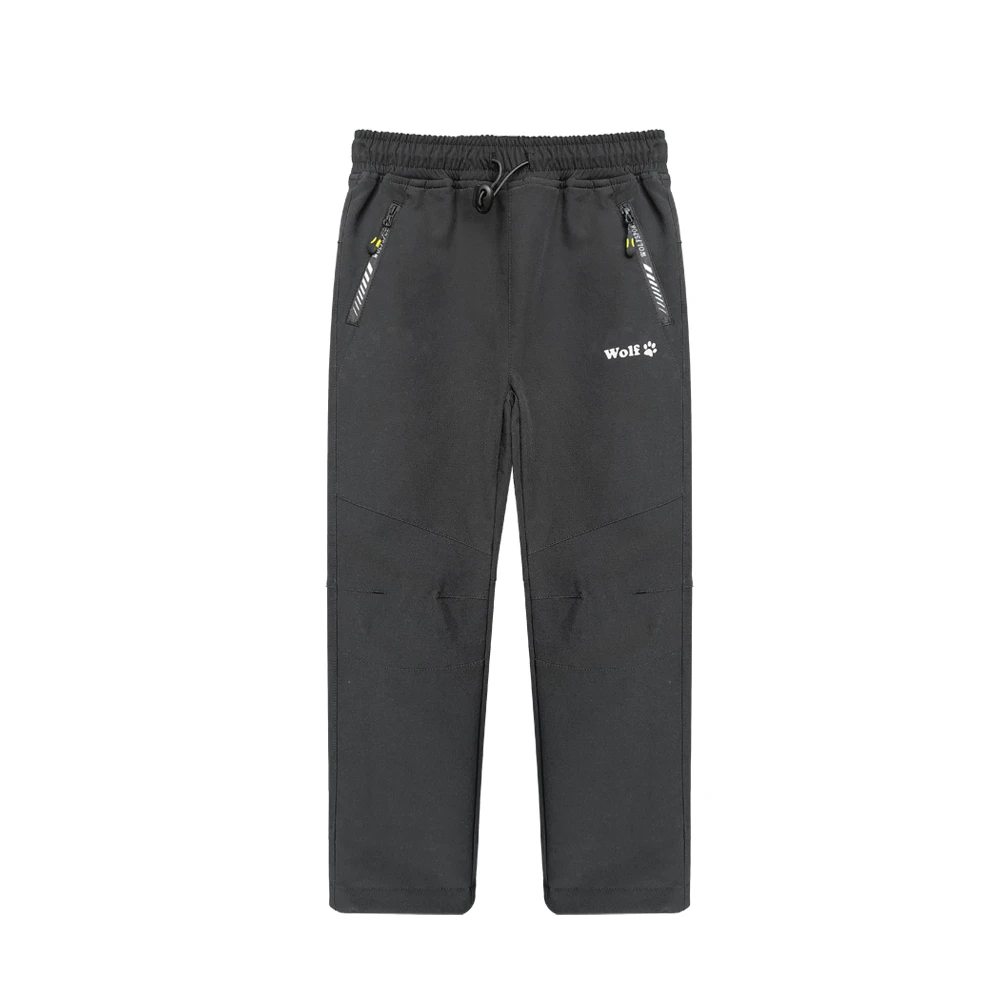Different Sports Wear A Guide to Athletic Apparel
In the diverse world of sports, the right attire plays a crucial role in enhancing performance, providing comfort, and ensuring safety. Sports wear is designed to meet the specific needs of various activities, from running and cycling to team sports and outdoor adventures. Understanding the different types of sports wear can help athletes choose the best gear for their needs.
1. Running Apparel
For runners, comfort and breathability are paramount. Running shorts and tights are often made from moisture-wicking fabric, which helps keep sweat away from the skin. Additionally, running tops are lightweight, and some come with built-in UV protection for outdoor runs. Footwear is equally critical; lightweight running shoes with good cushioning and support can significantly affect performance and reduce the risk of injury.
2. Gym Wear
When hitting the gym, versatility is key. Gym wear typically includes breathable tops, shorts, and leggings that allow for a full range of motion. Materials are often stretchy and moisture-wicking to handle strenuous workouts. Supportive sports bras are essential for women, offering stability during high-impact activities. Footwear should be designed for cross-training, providing grip and support on various surfaces.
3. Team Sports Apparel
different sports wear
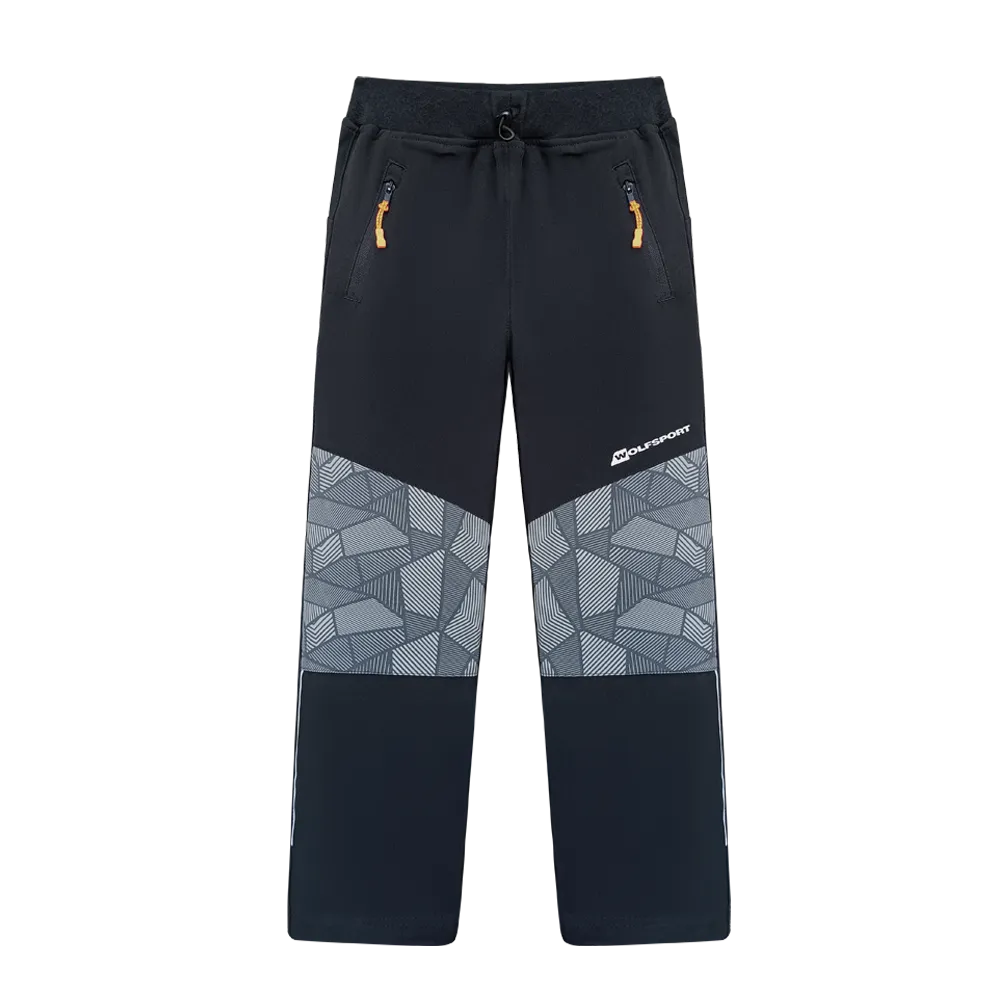
Athletes participating in team sports like soccer, basketball, or volleyball often wear specific jerseys and shorts that feature the team’s colors and logos. These garments are usually made from durable, lightweight fabrics that allow for movement and moisture management. Proper footwear is also vital; soccer cleats, basketball shoes, and other sport-specific shoes help improve traction and performance on the field or court.
4. Outdoor and Adventure Gear
For outdoor sports such as hiking, climbing, or skiing, durability and protection are crucial. Outdoor wear is designed to withstand harsh weather conditions, featuring waterproof and breathable materials. Hiking boots with good ankle support and grip are essential for treks on uneven terrain. Layering is also important, allowing individuals to adjust their clothing based on the temperature and activity level.
5. Swimwear
Swimwear is not just about style; it’s also about function. Competitive swimwear is engineered for speed, with materials that reduce drag in the water. For recreational swimming, comfort and coverage are important, and swimmers may choose from a variety of styles, including one-pieces and board shorts.
In conclusion, whether you’re a casual fitness enthusiast or a dedicated athlete, choosing the right sports wear is integral to achieving your best performance. With advancements in fabric technology and design, athletes have a wide range of options to ensure they look and feel their best while engaging in their favorite activities. Selecting the appropriate gear tailored to each sport can make all the difference in your athletic journey.
